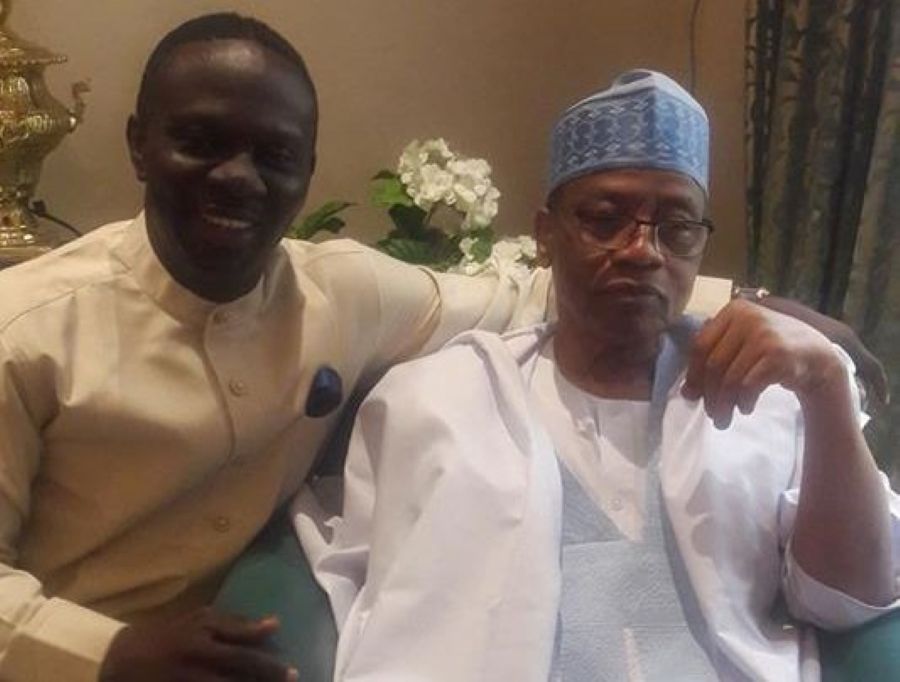As the unveiling of former Nigerian president General Ibrahim Babangida’s memoir continues to generate mixed reactions, his former spokesperson Kassim Afegbua has vigorously defended the former military leader’s right to tell his story, dismissing detractors as individuals “raising dust over nothing.”
Speaking on Newscentral’s Politics HQ on Wednesday, Afegbua stressed that Babangida, having ruled Nigeria for eight years, has the right to share his experiences as he saw them.
“He was the one who contended with a lot of challenges here and there. So, he’s giving us an eyewitness account, and you are complaining that his eyewitness account is not complete, or you are complaining that why should he give his eyewitness account?” he questioned.
He argued that critics can present their versions of events rather than dismiss Babangida’s account outright.
“Those who are condemning, those who are complaining, who are raising dust over nothing, they can also write their own if they think that Babangida’s own does not serve their own interests.” He said.
Beyond his memoir, Babangida is also working on a presidential library, which Afegbua believes will be a valuable resource for future generations.

While Babangida’s leadership remains debatable, Afegbua maintained that the quality of the audience the former leader attracted to his book launch is a testament to his influence. He referenced Babangida’s recent engagement on February 20, questioning whether critics could command similar attention:
“If he was such a bad person, do you think that the quality audience that he received at Transcorp Hilton last week, you think you have such quality audience?”
In response to direct questioning about Babangida’s legacy, Afegbua firmly defended his record, “he was a fantastic leader, and I have challenged quite a number of persons to debate on this.”
While opinions remain divided on Babangida’s legacy, his memoir attempts to shape the historical narrative from his perspective. Whether Nigerians accept or challenge his version of events, one thing is clear—his impact on the nation’s history cannot be ignored.


